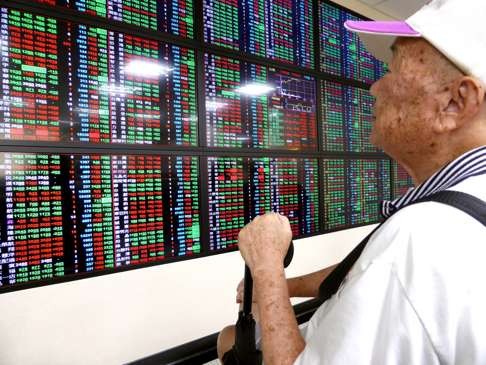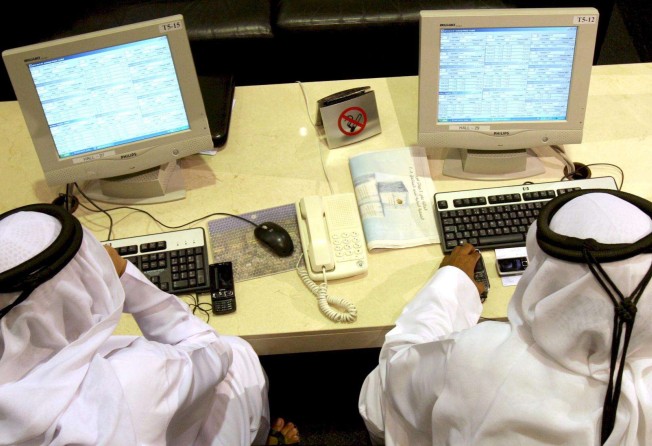
How MSCI inclusion might affect Chinese stocks
As the decision on China share inclusion in the Emerging Market Index looms, previous experiences can offer glimpses into what reactions might be expected

Looking back at the experiences of other markets, may cast light on how the inclusion in the New York-based index provider MSCI’s Emerging Market Index might impact China’s mainland stock market.
MSCI last adjusted its Emerging Markets Index constituents in June 2013, when it decided to add Qatar and The United Arab Emirates into the mix. It now consists of 23 emerging markets.
The last official inclusion took place in June 2014, with the UAE’s addition taking up a 0.5 per cent weighting, and Qatar accounting for 0.4 per cent of the total.
Matthieu Belondrade, head portfolio manager of EMEA and Latin America at Emerise, said the UAE market actually rallied way before its official inclusion.
Emirati stocks had soared 87.2 per cent in the 11 months from May 2013, but they fell 22.3 per cent in the year followed the MSCI official inclusion.

The expectation of inclusion had generated market liquidity, with average daily turnover on the Dubai Financial Market General Index increasing 15 per cent year on year, between May 2013 and May 2014.
“The impact was massive. But normally it appears before the official inclusion,” Belondrade said.
“The MSCI influences stocks most when investors expect to know the framework and the new components.”
“The MSCI influences stocks most when investors expect to know the framework and the new components.”
As a single factor, however, MSCI inclusion rarely affects long-term stock market movements.
Both the UAE and Qatar markets are closely linked to oil prices.The inclusion coincided with the fall in WTI crude prices, which slipped from over US$90 in early June 2014 to US$60 within a year.
But in markets with limited research coverage, MSCI inclusion makes more information available to foreign investors, and market liquidity tends to increase, Belondrade said.
“Especially in these Middle East markets with strong retail participation, we feel an increase in interest from international institutions,” he said.
Before their inclusions, the UAE and Qatar markets were both split half and half between retail and institutional investors, he added.
Longer-term impact of MSCI inclusion can be better illustrated in the South Korean and Taiwan markets, which have now been constituents of the index for two decades.
Taiwan, which saw half its market capitalization included in emerging index in 1996, then spent nine years getting its whole market included.
South Korea also took six years to win full inclusion, from an initial 20 per cent in 1992.
The process coincided with both markets’ regulatory effort to release capital controls.
Taiwan, for example, opened its futures market and lifted restrictions on its Qualified Foreign Institutional Investor programme.
Changjiang Securities analyst Chen Guo describes Taiwan and South Korea’s inclusions as leading to a “transformation of style” for both markets.
From 2000 to 2013, the proportion of foreign investors in Taiwan stocks rose from 8.78 per cent to 24 per cent, Chen wrote in a recent note.
The correlation of Taiwan’s TSEC Weighted Index with the S&P 500 Index in the US also boosted that content, from 24.3 in 1990 to 65.4 per cent in 2010, Chen said. The annualised volatility of Taiwan stocks also reduced, from 50 per cent in 1990 to 15.9 per cent in 2015.
In South Korea, foreign capital now makes up 30 per cent of the stock market, compared with 18.5 per cent in 1999. The contribution of retail investors, in contrast, fell from 31.7 per cent in 1999 to 23.6 per cent in 2013.
“Full inclusion proved a very long process, even though the two started with a large inclusion,” said JP Morgan global market strategist Ian Hui.
“For China, we think it may take longer, but we doubt inflows will suddenly shift Chinese markets upward.
“On the question of whether an emerging market benefits from the inclusion of MSCI index, the answer is yes.”